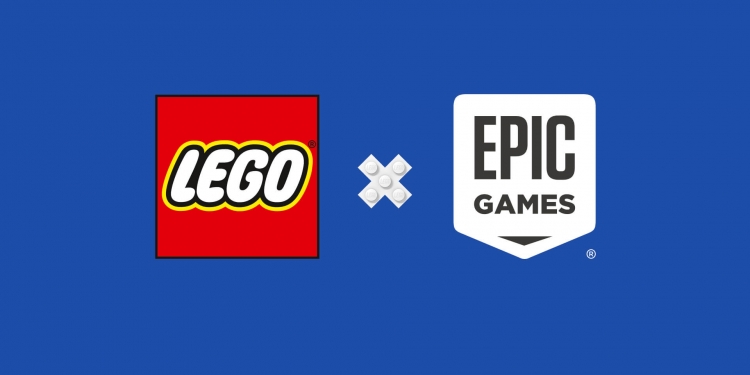Epic Games—Fortnite’s developer—has announced that they are partnering with the Lego Group to build a version of the “metaverse” that’s “safe and fun for children and families”. But doesn’t that just sound like another version of Minecraft or Roblox?
“Kids enjoy playing in digital and physical worlds and move seamlessly between the two. We believe there is huge potential for them to develop life-long skills such as creativity, collaboration, and communication through digital experiences. But we have a responsibility to make them safe, inspiring, and beneficial for all. Just as we’ve protected children’s rights to safe physical play for generations, we are committed to doing the same for digital play. We look forward to working with Epic Games to shape this exciting and playful future,” said Niels B Christiansen, CEO of the Lego Group.
The partnership will be a long-term one, according to Epic. Details are still scarce about what their new “kids metaverse” will be like, but Epic wrote that they want to “ensure that this next iteration of the internet is designed from the outset with the wellbeing of kids in mind”.
We can only guess what Epic and Lego’s “metaverse for kids” would be like. The use of the word “metaverse” is also a little vague, as it just describes a “virtual-reality space in which users can interact with a computer-generated environment and other users”. It’s not the newest of concepts, because it can describe platforms like Minecraft and Roblox—both extremely popular with kids.
If the new platform would be anything like Roblox, it wouldn’t exactly be the safest platform for kids to hang out—especially in Roblox’s earlier stages. There were reports of some games on the platform let players’ simulate sex or engage in “raunchy talk”.
However, Lego and Epic promised three things to ensure the digital spaces they develop would “deliver engaging play opportunities safely”. It includes making safety and wellbeing a priority, safeguarding children’s privacy, and empowering children and adults with tools that give them control over their digital experience.
[ SOURCE, IMAGE SOURCE ]







